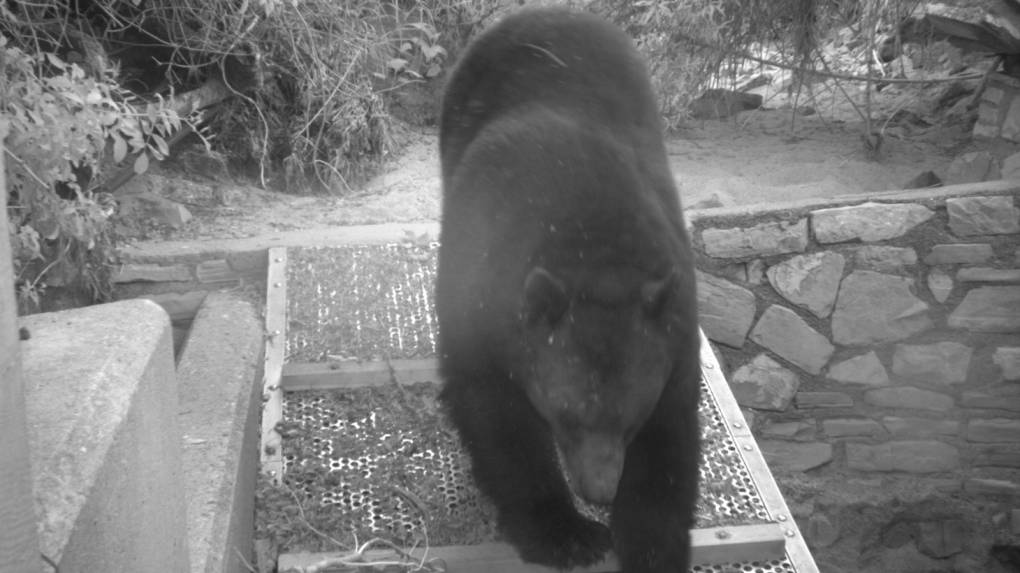
"Brown conducted another survey after the crossings were built, and found that not only were animals using the ramps, they were also getting killed less often on the roads - by something like 75%. And these secret crossings only cost $350,000."
"Caltrans is planning seven more crossings just in this area, and dozens more statewide. The goal is to reconnect the green spaces severed by roads - a series of secret animal highways stretching from the Santa Monica mountains all the way up to Los Padres National Forest."
"The authors also found that parts of the city subsided around 5 millimeters a year. On average, San Francisco sank a millimeter annually, Los Angeles 0.7 millimeters per year and San Diego 1.1 millimeters per year."
"Leonard Ohenhen, the lead author and a postdoctoral researcher at the Columbia Climate School's Lamont-Doherty Earth Observatory, said the subsidence won't have immediate effects but could become significant over time."
Recent studies reveal that strategically built animal crossings on Highway 118 have successfully reduced wildlife fatalities by 75%. Costing only $350,000, these crossings are part of a broader initiative by Caltrans to reconnect natural habitats severed by urban development, with plans for seven additional crossings. Meanwhile, cities like San Francisco are facing gradual subsidence due to soil compaction, with potential risks to millions of residents and thousands of buildings. While groundwater pumping isn't a major issue here, urban infrastructure built on filled land contributes to this slow sinking phenomenon.
#environmental-conservation #urban-infrastructure #wildlife-protection #climate-change #infrastructure-development
Read at Kqed
Unable to calculate read time
Collection
[
|
...
]